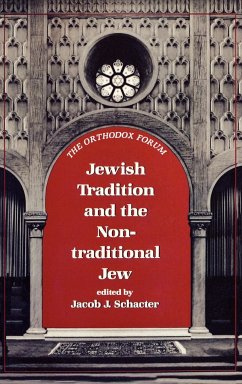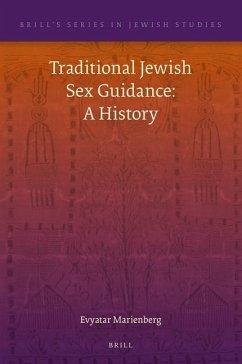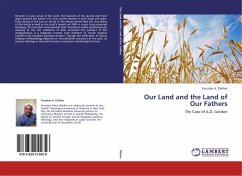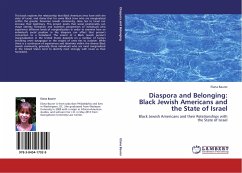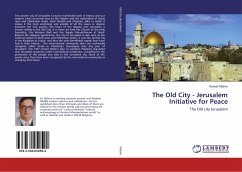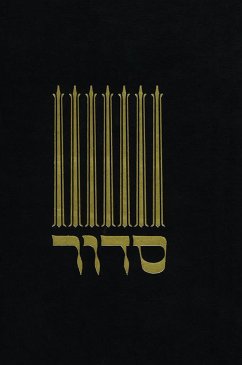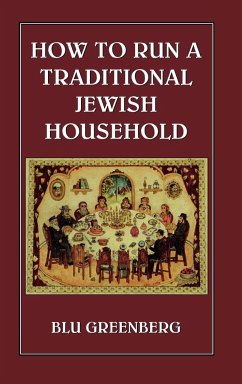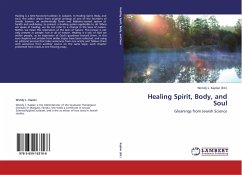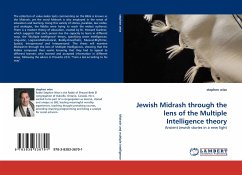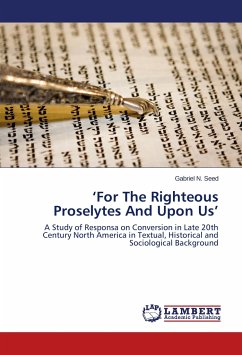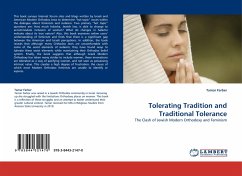
Tolerating Tradition and Traditional Tolerance
The Clash of Jewish Modern Orthodoxy and Feminism
Versandkostenfrei!
Versandfertig in 6-10 Tagen
32,99 €
inkl. MwSt.

PAYBACK Punkte
16 °P sammeln!
This book surveys Internet forum sites and blogs written by Israeli and American Modern Orthodox Jews to determine hot topic issues within the dialogue about feminism and Judaism. Two primary hot topic questions are: How much halacha, Jewish law, is able to change to accommodate inclusion of women? What do changes in halacha indicate about its true nature? Also, this book examines online users' understanding of feminism and finds that there is a significant gap between the American and Israeli perceptions. In addition, the book reveals that although many Orthodox Jews are uncomfortable with so...
This book surveys Internet forum sites and blogs written by Israeli and American Modern Orthodox Jews to determine hot topic issues within the dialogue about feminism and Judaism. Two primary hot topic questions are: How much halacha, Jewish law, is able to change to accommodate inclusion of women? What do changes in halacha indicate about its true nature? Also, this book examines online users' understanding of feminism and finds that there is a significant gap between the American and Israeli perceptions. In addition, the book reveals that although many Orthodox Jews are uncomfortable with some of the sexist elements of Judaism, they have found ways to tolerate these sexist elements while maintaining their Orthodox belief system. Finally, the book suggests that although Israeli Modern Orthodoxy has taken many strides to include women, these innovations are tolerated as a way of pacifying women, and not seen as possessing intrinsic value. This creates a high degree of frustration, the cause of which most Modern Orthodox feminists are unable to identify or express.



